By Phill Tsingos, NPAQ Treasurer

I receive many emails from new nurses anxious and disheartened by their inability to gain employment as a graduate nurse. My most recent message came from Katie, who completed her Bachelor of Nursing only to find she is unemployed. Katie’s letter was very moving with the stress, anxiety and lack of hope for her fledgling nursing career.
There is a supposed nursing shortage at the moment ...
... So why so many nurses without a Graduate program?
It starts with universities being a separate business to hospitals. The university makes money from student fees, so their goal is to fill a nursing class with approximately 250 students. The average tuition for three years of nursing is $25,000. Most students pay by Higher Education Contribution Scheme (HECS), a loan system for students to pay back their tuition fees. The threshold for paying fees is approximately $45,000.
So a class of 250 students = $6,250,000 in tuition fees. Yes, there is a bit of maths to get your head around.
How does this affect your chance of gaining a Graduate nurse position?
At any one time, approximately 5,000 nurses are graduating from university.
Hospitals are a separate business to universities and as a result there is an imbalance in the supply of nurses versus demand for new nurses. Approximately 1,000 Graduate nurse positions are available, which means about 4,000 students will miss out on a Graduate position.
This is why new nurses like Katie are searching for any avenue possible to gain a Graduate year or enough nursing experience over their first year to start their nursing career.
Katie is presently looking down the barrel of 3 years of her life wasted at university and a $25,000 debt that she will not be able to repay unless Katie earns over $45,000 in a job. It is a tough start to adult life and finding work that pays enough for her to start paying the HECS debt.
The other part of the problem is nurses believe they need a Graduate year in a hospital. This is not true. Nursing is a very diverse profession with many areas for nurses to gain experience and develop their careers.
Here are a few avenues to explore:
- Community nursing is a fast-growing area to explore with many opportunities available.
- Rural remote areas are usually looking for nurses, even a short term contract can be an option for getting the experience required.
- Aged care is another option, especially with the recent Aged Care Commission inquiry, which heavily relies on nurses to keep functioning.
- NDIS has opportunities for nurses to specialise and gain experience.
- Medical centres give nurses a unique set of skills and knowledge
- Agency Nursing is available, but beware that support might be very limited or non-existent.
- Know someone in health that can give you a start and let your abilities shine through?
- Courses and further education also give an extra feather in your cap for employers to notice you
Katie and I discussed her options for gaining experience. It will require hard work and dedication to find a foothold to start her nursing career. I wish Katie and every new graduate nurse seeking to begin their career all the best.
Phill
Join NPAQ Now to be protected with your nursing career



